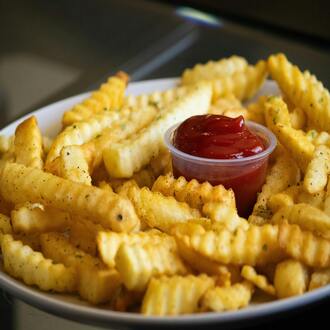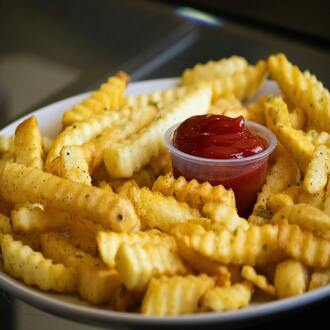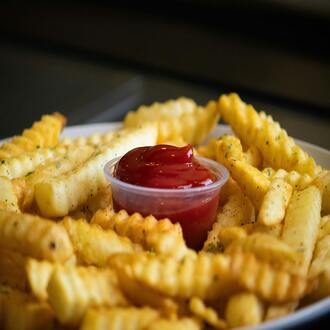Transcription When to eat fats?
In previous presentations we learned that proteins are the key to the construction and preservation of the athlete's muscle mass, while carbohydrates and fats are responsible for providing the energy necessary for the performance of physical exercises that stimulate the increase of strength and muscle volume.
Although carbohydrates and fats provide energy, both macronutrients are essential in sport, since carbohydrates provide instant energy after food intake and fats help energy storage. In this presentation we will refer to the best and worst times of the day to include moderate amounts of fats in athletes' meals.
Best times of the day to include moderate amounts of fats in athletes' meals
Fats in athletes' diets should provide between 20% and 30% of the total calories provided by the diet. To meet this requirement, the athlete should consume low-fat meats, low-fat dairy products, fish, nuts and vegetable oils (olive, sunflower, corn, soybean, etc.).
Fats can be included moderately in all of the athlete's meals throughout the day, as long as the athlete does not have a competition or very rigorous training after the meal; in those cases it is advised that the fat content be low.
It is especially recommended that the day after a very intense training or a competition, foods rich in omega-3 fatty acids should be programmed in the diet, with the aim of reducing muscle inflammation caused by prolonged physical effort. The omega-3 polyunsaturated fatty acids are found in the tissues of certain oily blue fish such as salmon, sardines, anchovies, tuna, mackerel, etcetera.
It is also contained in some vegetable sources such as walnuts, flaxseed, olive, canola and soybean oils.
Here are some situations in which it is recommended that foods provided to the athlete be low in fat.
When should the fat content of the athlete's food be reduced?
- In the evening meal prior to an evaluation or competition, high-fat foods can cause stomach upsets that reduce the quality of the athlete's sleep and adequate rest, which would significantly affect the athlete's performance the next day.
- In the food given before a rigorous training or a competition, fats delay gastric emptying. That is why buttered toast, fatty cheeses, milkshakes with whole milk, nuts and fried foods are not recommended.
- During very intense exercise or exercise that lasts for more than an hour, the food provided to replenish the calories lost should not contain fat, as this would delay the digestion of carbohydrates and the body would take longer to replenish energy.
- After an intense training session or a strenuous competition, the recharge of glycogen reserves in the muscle should not be delayed because the recovery of the muscle would be less effective. For this reason, the recommended foods to eat in these situations should not be fatty.
ingest fat




